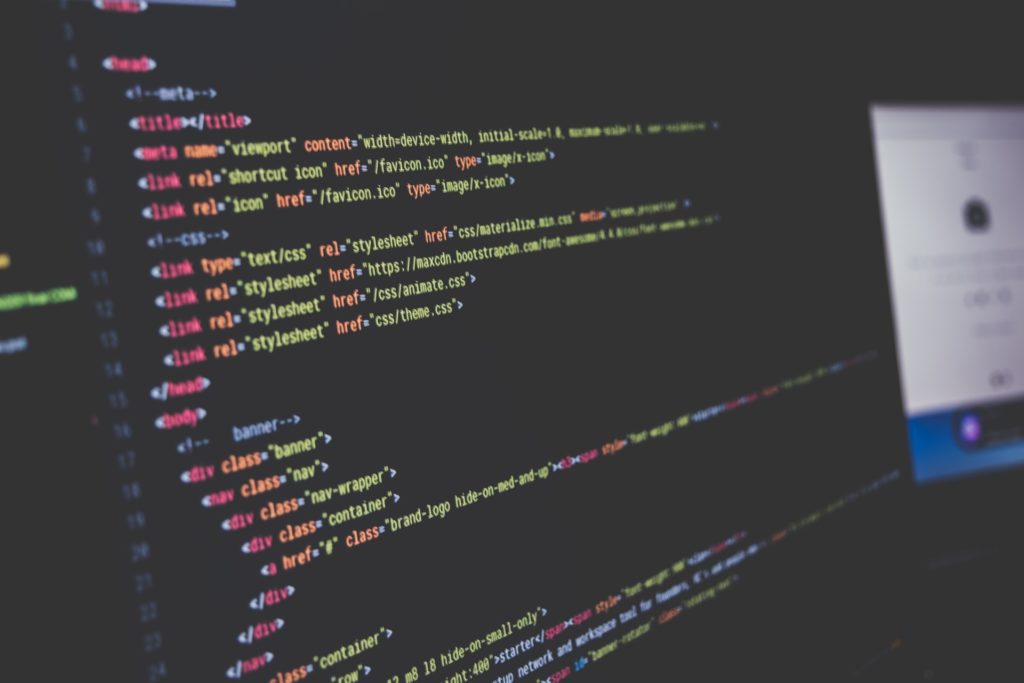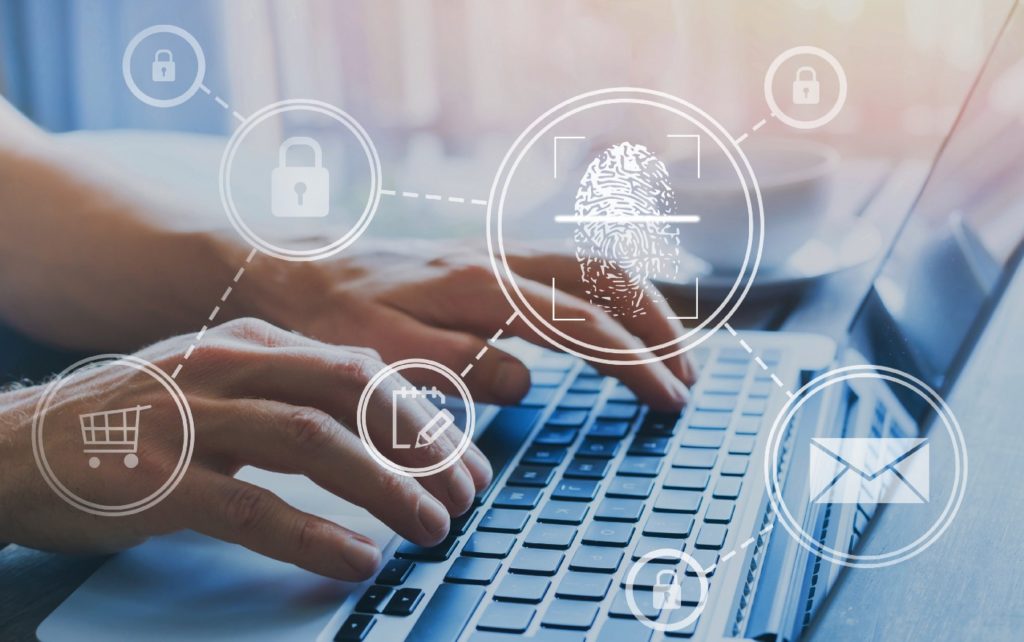Technology became people’s helping hand, easing their work and facilitating actions, such as human interactions, shopping, learning or teaching. During the COVID-19 pandemic, the online world started developing new ways of helping people connect and continue their work even if they were far away.
The repetitive lockdowns and desire to protect their loved ones made people worldwide join the work-from-home and online schooling trend. More and more people started to spend their days in front of the computer, enjoying the numerous advantages offered by the virtual world. Whether you need to talk with a family member, buy a gift for a friend or work on a project with your team, everything happens online.
But, besides many benefits, the constant development of digitalisation lead to an increased rate of cyberattacks. Using online tools, apps, and social platforms requires regular personal data updates, and it’s more than rational to worry about potential data breaches. Today, many companies and organisations gather their customers’ information to offer improved products and services. But the increased online activity and people who voluntarily share their data create the perfect setting for cybercriminals.
Cyber-attacks can happen anytime you access the internet. To avoid data stealing is essential to improve your online security by using various methods and techniques. This process doesn’t take much effort, and it’s beneficial for stronger protection.
Here are some tips you can use to increase your online information security:
Install an Antivirus
How often did you hear someone saying that a virus entered their computer, stealing and encrypting data? If the answer is too often, you must know this kind of cyber-attacks can happen to anyone anytime. For example, one of the most widespread malwares that can take control of any computer is the Trojan horse. It is designed to steal and damage data and networks, disrupting all the stored information.
Installing an effective antivirus can help you avoid this kind of threat, protecting your data from stealing. Whether you opt for a basic antivirus or a security suite with more options and advantages, ensure it is regularly updated for more efficient action. The programme will inform you that it needs to be updated so don’t neglect the signals.
Many people think that the implicit Windows antivirus is enough for solid protection. In reality, you will always need an extra security tool because Windows Defender won’t provide permanent and quality protection.
Create unique passwords for every account
Creating a strong, unique password for every account will prevent the identification of your security codes. Usually, hackers use a simple method to steal personal information. They collect some usernames, passwords and emails from one source and start to try the same combinations elsewhere. For example, if cyber-criminals manage to get your login information after hacking an email provider, they start trying to access banking sites using the stolen resource.
To avoid a data breach is essential to use different passwords for every online account. Choose a mix of numbers, letters and characters to raise its strength. If you doubt your passwords are strong enough, you can use a free password manager. It is created to help you handle all your login credentials while maintaining account security. You will have to remember just one password to lock the password manager. After unlocking, it will automatically connect with all your virtual accounts. Besides, it can help you increase productivity and save time.
Choose Two-Factor Authentication
Two-Factor Authentication offers your online activities another protection layer by asking you to provide extra information, besides username and password, such as some answers to specific and secret questions, a password, facial recognition or voice print.
The Two-Factor Authentication system is useful when you share important personal, sensitive or valuable data because they are the ones that need extra protection. You may wonder why the password is not enough to provide the necessary protection. If other people learn the security mix, they can access your account. And to be honest, a password is not so hard to guess. If you use the above protection method, the password becomes useless because anyone who tries to access your accounts must provide the extra information.
Sometimes, a data breach can occur even if you use extra apps to ensure more protection. It’s important to know that if you are the victim of a cyberattack, you can ask for specialised help and learn more about obtaining data breach claims by accessing https://www.databreachclaims.org.uk.
Use your smartphone to pay
Millions of people use their credit cards to pay for various services and products. But, are credit cards the best option regarding security? Today, paying with cards is outdated, and security issues can occur anytime you use them.
Instead of using old credit cards, choose to pay with your smartphone for more secure transactions. You may ask how it works. Well, numerous apps can help you ease the payment procedures. All you have to do to set up your smartphone as a payment device is upload a photo of your credit card or enter the data manually. After, the app will do the work.
Why is paying with your smartphone better than using a credit card? The apps have specific characteristics that generate one-use authentication code, used only for the current transaction. This way, the risk of a data breach is eliminated because even if someone steals that code, they can’t use it after.
Get rid of the “Save Password” option
Many browsers will offer you a built-in password management system, suggesting you save your username and password for a more straightforward login process. But allowing your browser to save passwords makes your account more vulnerable when it comes to cyberattacks. Using this implicit browser option will provide anyone who has access to your computer, physical or remote, to enter your accounts and steal information.
Social media platforms are used 24/7 worldwide, and millions of people choose to share their thoughts, pictures or videos with their virtual friends. But by doing this, you constantly expose personal information and important data about where you live, what you study or when you travel.
For example, suppose you want to increase security on Facebook. In that case, you can disable the sharing platform, and your friends or other apps will no longer have access to your personal information. Also, by doing it, the social platform will no longer use your credentials to access other apps and websites.
Also, verify the other social platforms and make sure your posts are private. Remember that virtual friends can share all your public posts, so don’t reveal too much personal information.


